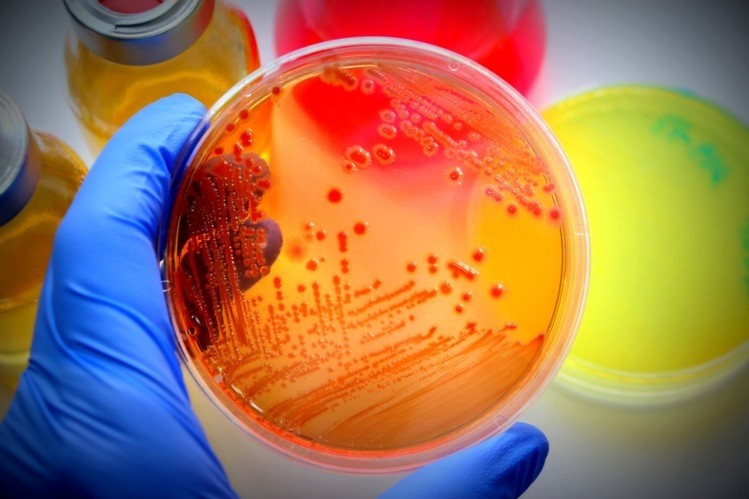Probiotic strain may benefit obese pre-diabetics by fighting metabolic abnormalities: Yakult

Metabolic abnormalities, such as post-glucose load hyperglycaemia and dyslipidaemia, are typical of an obesity-related pre-diabetic state, which increases type 2 diabetes and heart disease risk.
Based on this, researchers at Yakult conducted an RCT to explore the effects of LcS on metabolic abnormalities in 100 obese pre-diabetic subjects, each with moderate post-load hyperglycaemia and a BMI of 25 or higher.
They were divided into two groups, with one given placebo milk and the other LcS-fermented milk daily for eight weeks. All participants' fasting blood markers and post-load plasma glucose were then measured.
The pros of probiotics
The researchers subsequently noted that although there was no significant difference between the two groups' post-load plasma glucose levels, the levels of glycoalbumin, glycated haemoglobin and one-hour post-load plasma glucose only in the LcS group were reduced after eight weeks of treatment.
They added that the "reduction in glycoalbumin levels was statistically significantly greater in the LcS group than in the placebo group".
Additionally, stratified analyses showed significant improvements in one-hour post-load plasma glucose and glycoalbumin levels among those with severe glucose intolerance in the LcS group, when compared to the placebo group.
When it came to cholesterol, the LcS group saw total, LDL and non-HDL cholesterol levels markedly lowered, in comparison to the placebo group.
Bigger is better
However, the researchers also wrote that since there were no significant differences in post-load plasma glucose between the two groups, they could not determine the positive effects of LcS on post-load hyperglycaemia.
Furthermore, they did not assess how LcS affected inflammation markers, or gut barrier function and gut microbiota composition, so they were unable to determine its exact mechanism of action.
Still, the "statistically significant reduction in glycoalbumin levels in the LcS group compared with that in the placebo group, and the findings of the stratified analyses suggest that LcS has the potential to exert favourable effects on glycaemic control".
They concluded: "Further studies are required to clarify the beneficial effects of LcS on glycaemic control in a larger number of subjects with advanced glucose intolerance and / or insulin resistance, and to clarify the mechanism of action of LcS using animal models and / or clinical trials.
"The findings of the present study suggest that LcS may favourably affect metabolic abnormalities in obese pre-diabetic subjects, though the effects on glycaemic control may be limited."
Source: Bioscience of Microbiota
https://doi.org/10.12938/bmfh.17-012
"Effect of Lactobacillus casei strain Shirota-fermented milk on metabolic abnormalities in obese prediabetic Japanese men: a randomised, double-blind, placebo-controlled trial"
Authors: Eiichiro Naito, et al.



















